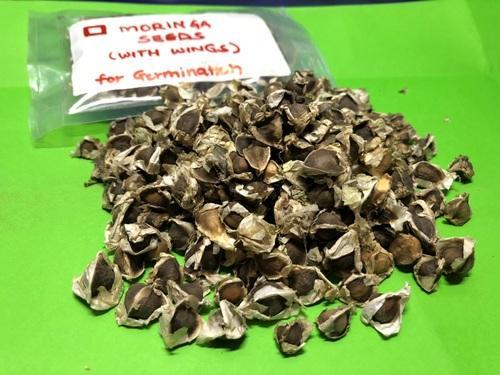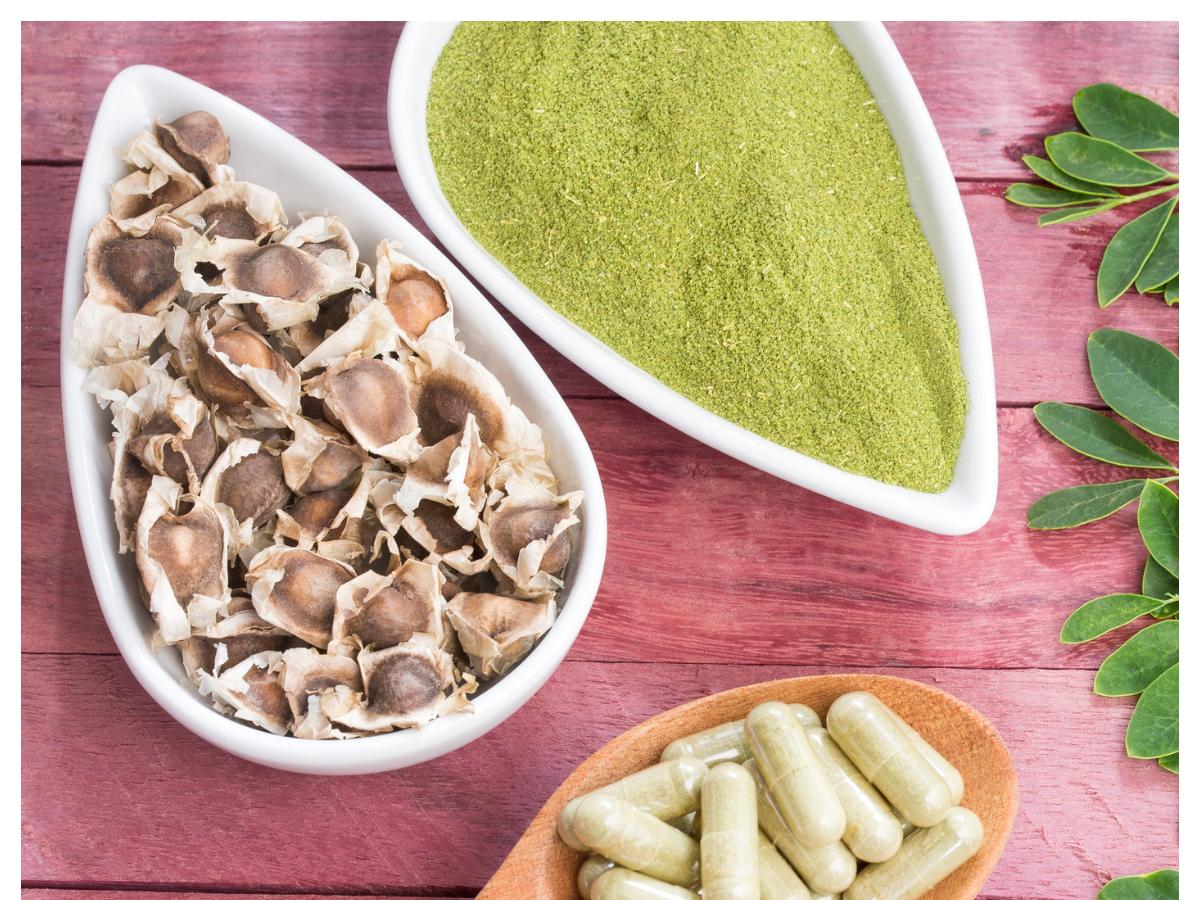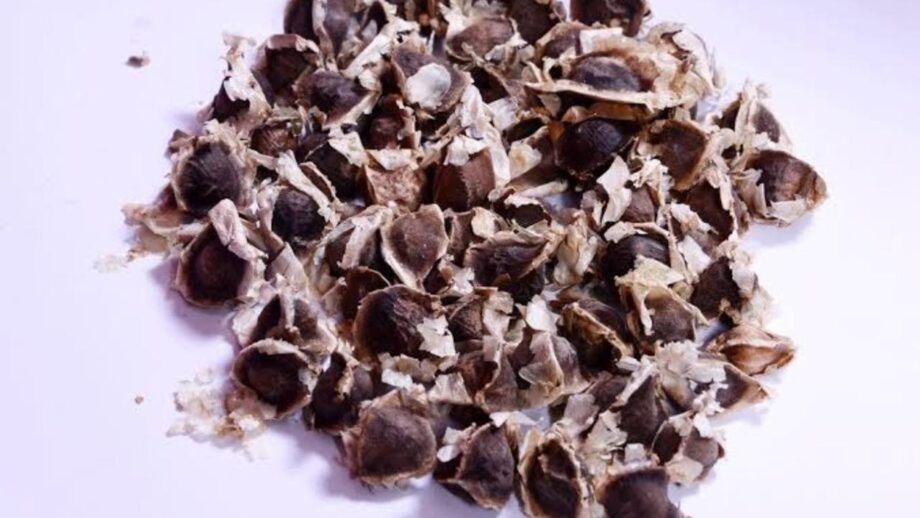For thousands of years, people have hailed the plant Moringa oleifera for its therapeutic properties.
It contains a lot of beneficial antioxidants and bioactive plant substances.
Scientists have only looked at just a small portion of the numerous claimed health advantages thus far.
In many Western Countries, dried leaves are supplied as dietary supplements in the form of capsules or powder.
The pods often contain fewer vitamins and minerals than the leaves. They are particularly high in vitamin C, though. 100 grammes of freshly cut, fresh pods provide 157 percent of your daily needs.
People in underdeveloped countries occasionally don’t get enough protein, vitamins, and minerals in their diets. Moringa oleifera can be a significant source of many crucial nutrients in these nations.
However, there is a drawback: High amounts of antinutrients in moringa leaves may inhibit the body’s ability to absorb minerals and protein (3Trusted Source, 4).
Taking Moringa oleifera pills in capsule form won’t provide a lot of nutrients, which is another thing to bear in mind.
In comparison to what you would consume if you followed a balanced diet consisting of entire foods, the amounts are insignificant.
Moringa oleifera may help reduce blood sugar levels, according to different research studies.
According to research so far, Moringa oleifera may result in minor drops in cholesterol and blood sugar. Additionally, it might prevent arsenic toxicity and have anti-inflammatory and antioxidant benefits.




